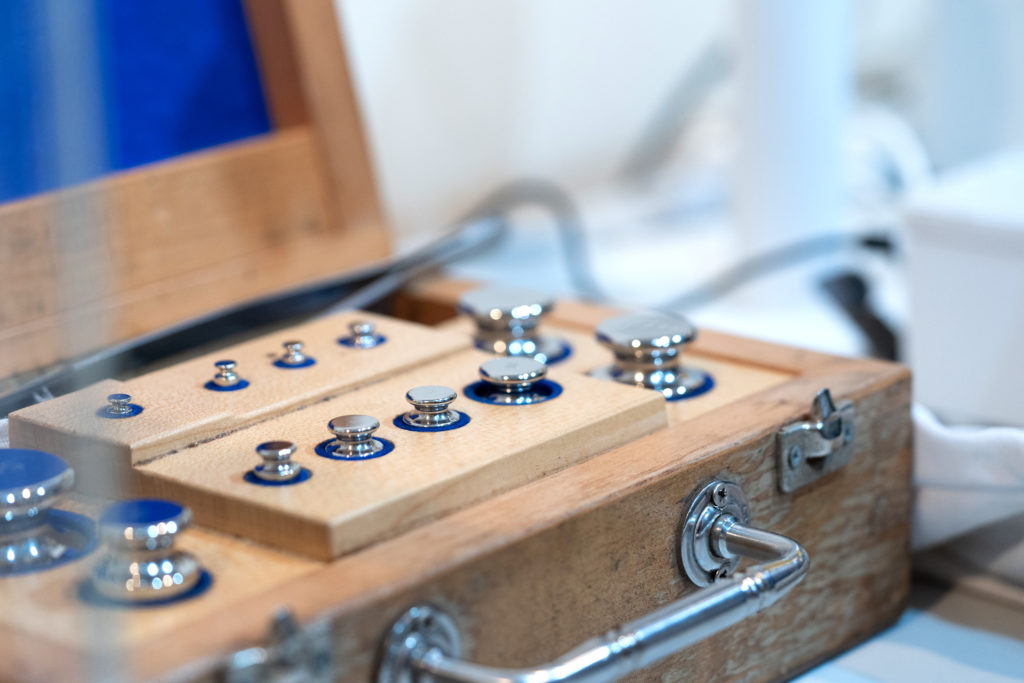
Cold chain management is a storage mechanism to ensure the safety and efficacy of temperature-sensitive products such as food and pharmaceuticals. The cold chain enables the transportation and storage of these products at specific temperatures in order to maintain their quality and effectiveness.
Maintaining cold chains can be challenging due to region and industry-specific variations. In hot climates, extreme temperatures and poor infrastructure can pose significant challenges to maintaining cold chains.
Calibration is an important aspect of maintaining cold chains because it helps to ensure that the temperature measurements provided by data loggers are accurate and reliable. Inaccurate temperature measurements can lead to serious consequences, such as spoiled or contaminated products, and can result in financial losses for businesses.
Calibration involves comparing the readings provided by a data logger to a known standard to ensure that the data logger is measuring temperature accurately. This is done by placing the data logger in a controlled environment where the temperature is known, such as a calibration chamber, and comparing the readings to the known temperature.
Regular calibration is important because data loggers can drift out of calibration over time due to various factors, such as exposure to extreme temperatures, humidity, or physical shock. If a data logger is not calibrated regularly, it may provide inaccurate temperature readings, which can lead to incorrect decisions being made about the transportation and storage of temperature-sensitive products.
In addition to ensuring accuracy, calibration can also help to identify any issues with the data logger that may require repair or replacement, helping to ensure that the cold chain is maintained and products are delivered in good condition.
Thus, calibration is an essential aspect of maintaining cold chains because it helps to ensure that temperature-sensitive products are transported and stored within the required temperature range, helping to minimize the risk of spoilage or contamination.
Our qualified team of professionals would love to talk to you about questions or any requirements. Talk to our team now using the contact button for questions or needs.
Contact Us Via WhatsApp Contact Us Via Email Call Us Via Phone
